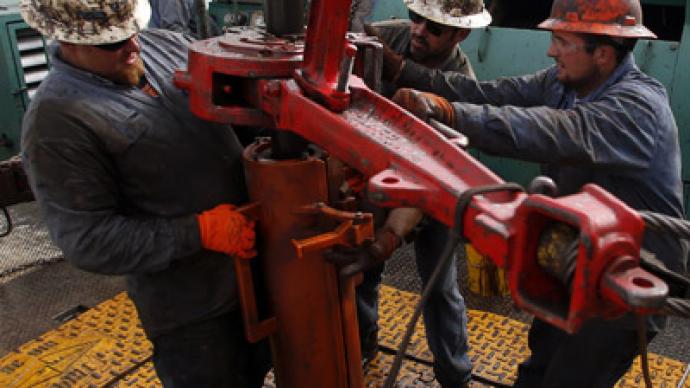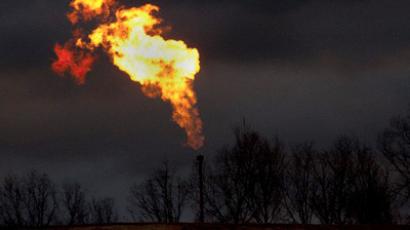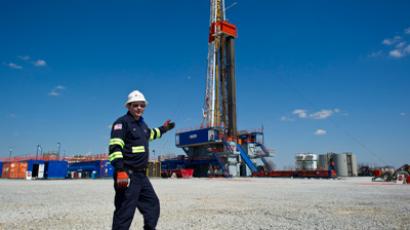Shale to drive oil production in US to new high by 2014

Underpinned by the shale revolution, daily oil production in the US is set to fly sky high in 2014, marking the highest level since 1988, according to US government.
Domestic crude oil production should continue to rise to 7.3mn bbl/d in 2013, after it increased 0.8mn bbl/d to 6.4mn bbl/d during 2012, according to estimations by the US Energy Information Administration (EIA). This is to be followed by a further increase to 7.9mn bbl/d in 2014, which will bring growth to 23% in the next 2 years.The daily production rate will jump 900,000 barrels between 2012 and 2013, a record for growth in a single year, as media quotes the agency's administrator, Adam Sieminski, talking in a conference call to reporters."That is the largest single-year growth in U.S. production all the way back to the Drake oil well in Titusville, Pa., in 1859," Sieminski said – referring to the beginnings of US oil production. "That is pretty impressive."In November 2012 the Paris-based International Energy Agency (IEA) said that shale would largely help the United States become a net fuel exporter by 2030 and achieve energy independence by 2035. But one of the key components of developing shale resources – hydraulic fracturing process – remains a key issue for the real developments and a point of heated debate. Protesters say the process is too costly and ecologically unfriendly, while advocates insists bigger energy production from shale is a way to energy independence and lower imports. Any regulatory changes that affect the production of oil and gas from shale could change the rosy outlook pretty quickly, Sieminski warned. "If there were to be changes associated with hydraulic fracturing, which is the basis for the growth in natural gas and oil, that would raise costs in that area that could have some impact," Sieminski said.Hydraulic fracturing is a major concern for environmentalists across the globe. It is a controversial technique in which high-pressurized water and chemicals are pumped into rock formations deep below the earth's surface to produce gas and oil, carrying a risk of earthquakes and water pollution. Most recently, in early December 2012 people in the UK protested against a possible lift of the temporary ban on the method. Activists sent a letter to British Prime Minister David Cameron stating that ‘fracking’ is a “an unpredictable, unregulatable process" that is damaging to the environment. The advocates, in turn, say that the method is set to increase UK’s energy supply and cut the country’s energy imports.













